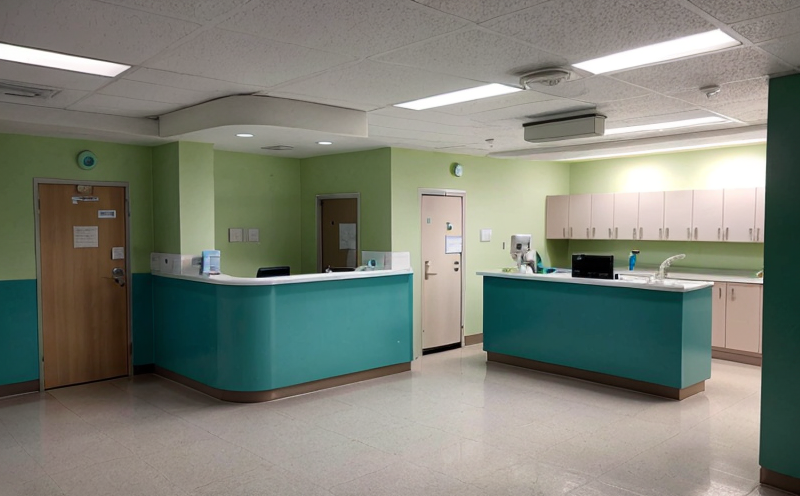CDC Multidrug-Resistant Organism Environmental Monitoring
The Centers for Disease Control and Prevention (CDC) recommend environmental monitoring as a key component of infection control strategies to mitigate the spread of multidrug-resistant organisms (MDROs). MDROs, such as methicillin-resistant Staphylococcus aureus (MRSA), vancomycin-intermediate Staphylococcus aureus (VISA), and extended-spectrum beta-lactamase-producing Enterobacteriaceae (ESBLs), pose significant challenges to healthcare facilities. Effective environmental monitoring can help identify contamination sources, enabling targeted interventions that minimize the risk of infection.
The process involves collecting samples from various surfaces in hospital environments, including patient rooms, isolation units, and high-touch areas. These samples are then analyzed using culture-based methods or molecular techniques to detect the presence of MDROs. The goal is not only to identify contaminated sites but also to understand the environmental reservoirs that could contribute to nosocomial infections.
Our multidisciplinary team at Eurolab ensures compliance with CDC guidelines and other relevant standards, such as ISO 14698-2 for healthcare facilities. Our approach includes:
- Sampling protocols tailored to the specific needs of different healthcare settings.
- Use of validated culture media and reagents that meet international standards like ISO 10496.
- Comprehensive reporting, including actionable insights based on our findings.
The significance of this service cannot be overstated. It is a proactive measure that supports healthcare facilities in maintaining a safe environment for patients and staff. By addressing potential contamination sources early, we help prevent the spread of resistant organisms, which can lead to more severe infections that are harder to treat.
Our team at Eurolab has extensive experience in performing this type of monitoring across various healthcare settings. We have conducted successful projects in hospitals, nursing homes, and other facilities where patient care is paramount. Our expertise ensures accurate results, which can guide evidence-based decision-making for infection control programs.
Industry Applications
| Application Area | Description |
|---|---|
| Hospital Isolation Units | Regular monitoring of isolation units can help identify cross-contamination between patients. This is particularly important for MDROs, which are known to persist in the environment. |
| Patient Rooms | Multidrug-resistant organisms can spread from one patient room to another through environmental contamination. Monitoring these areas helps ensure that cleaning protocols are effective. |
| High-Touch Areas | Surfaces like door handles, bedrails, and medical equipment are frequently touched by both patients and healthcare workers. Regular sampling of these areas can identify contamination early. |
| Nursing Homes | The presence of MDROs in nursing homes is a growing concern due to the vulnerable populations residing there. Monitoring can help maintain infection control standards and prevent outbreaks. |
Eurolab Advantages
At Eurolab, we pride ourselves on providing high-quality services that meet the stringent requirements of healthcare facilities. Here are some key advantages:
- CDC Compliance: Our protocols are aligned with CDC recommendations and other relevant guidelines.
- Expertise: Our team has extensive experience in environmental microbiology, ensuring accurate and reliable results.
- Validation: We use validated methods that meet international standards to ensure consistent quality.
- Timely Reporting: Results are provided promptly, allowing healthcare facilities to act swiftly on our findings.
- Customized Solutions: We tailor our services to the specific needs of each facility, ensuring that our approach is always relevant and effective.
Quality and Reliability Assurance
We understand the critical importance of quality in healthcare. To ensure reliability, we implement robust quality assurance measures:
- Certification Compliance: Our laboratories are accredited by reputable bodies such as ISO 17025.
- Standard Operating Procedures (SOPs): We follow standardized procedures to ensure consistent and accurate results.
- Validation: All methods used in our testing are validated against international standards like ISO 14698-2.
- Continuous Improvement: Our quality management system is continuously updated to incorporate the latest scientific advances and best practices.
Our commitment to quality extends beyond internal processes. We also ensure that our results are transparent, easily understandable, and actionable for healthcare professionals.





